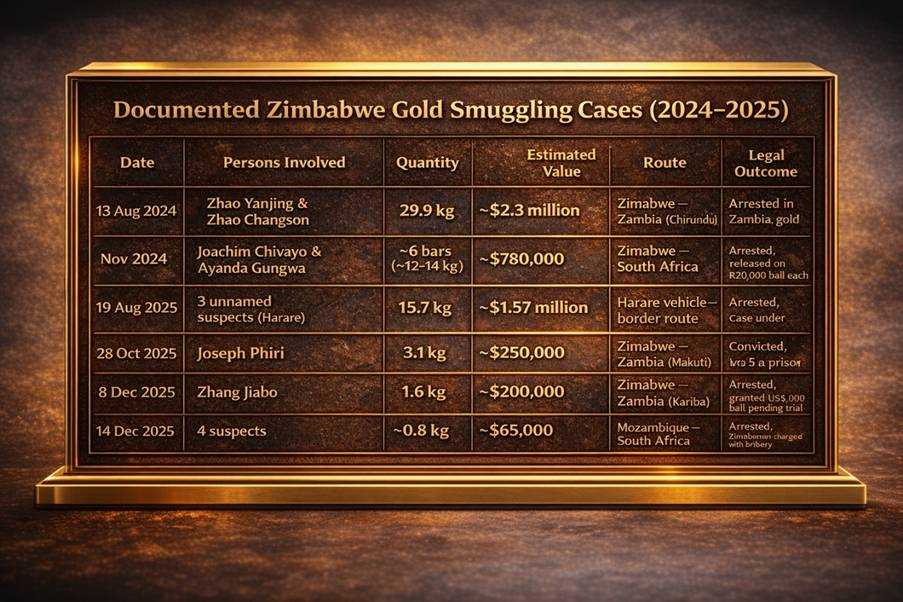
Audrey Galawu- Assistant Editor
Zimbabwe has chalked up a landmark legal victory after a U.S. appeals court threw out an attempt to enforce a $50 million arbitration award over a failed mining deal—strengthening the country’s hand in ongoing legal battles, including multi-billion-dollar land reform compensation claims.
The U.S. Court of Appeals for the D.C. Circuit ruled Tuesday that the 2014 arbitral award granted to a German investor cannot be enforced in the U.S. because Zimbabwe’s conduct was sovereign in nature, not commercial.
The court cited the Foreign Sovereign Immunities Act, which shields governments from being sued in U.S. courts without consent.
The case stems from a claim filed by Bernd Holtzman, a German national, who alleged that Zimbabwe expropriated his investment in a platinum mining venture without compensation, violating protections under a bilateral investment treaty between Germany and Zimbabwe.
In 2014, the International Centre for Settlement of Investment Disputes awarded Holtzman US$50 million in damages. He later sought enforcement of the award in U.S. courts, arguing that Zimbabwe’s actions amounted to commercial conduct.
Related Stories
However, the U.S. appeals court has now ruled that the expropriation arose from sovereign land policy decisions, thus shielding Zimbabwe under FSIA.
This precedent-setting win could ripple across several fronts:
Zimbabwe is still battling enforcement of awards to dispossessed white farmers in South Africa and Europe, where courts have taken a tougher line. In 2023, a South African court allowed seizure of Zimbabwean assets over unpaid land compensation.
The country is also fighting a $125 million award to Swiss-German investors in a similar dispute.
A legal expert who declined to be named said while this ruling sends positive reinforcement that a sovereign nation cannot be governed by the laws of another country and all such appeals should be sent to relevant international bodies, the ruling only blocks enforcement in U.S. courts and does not mean that the case is over.
“It’s a win, but the claimants will likely pivot to other jurisdictions,” said the lawyer.
.


















Leave Comments